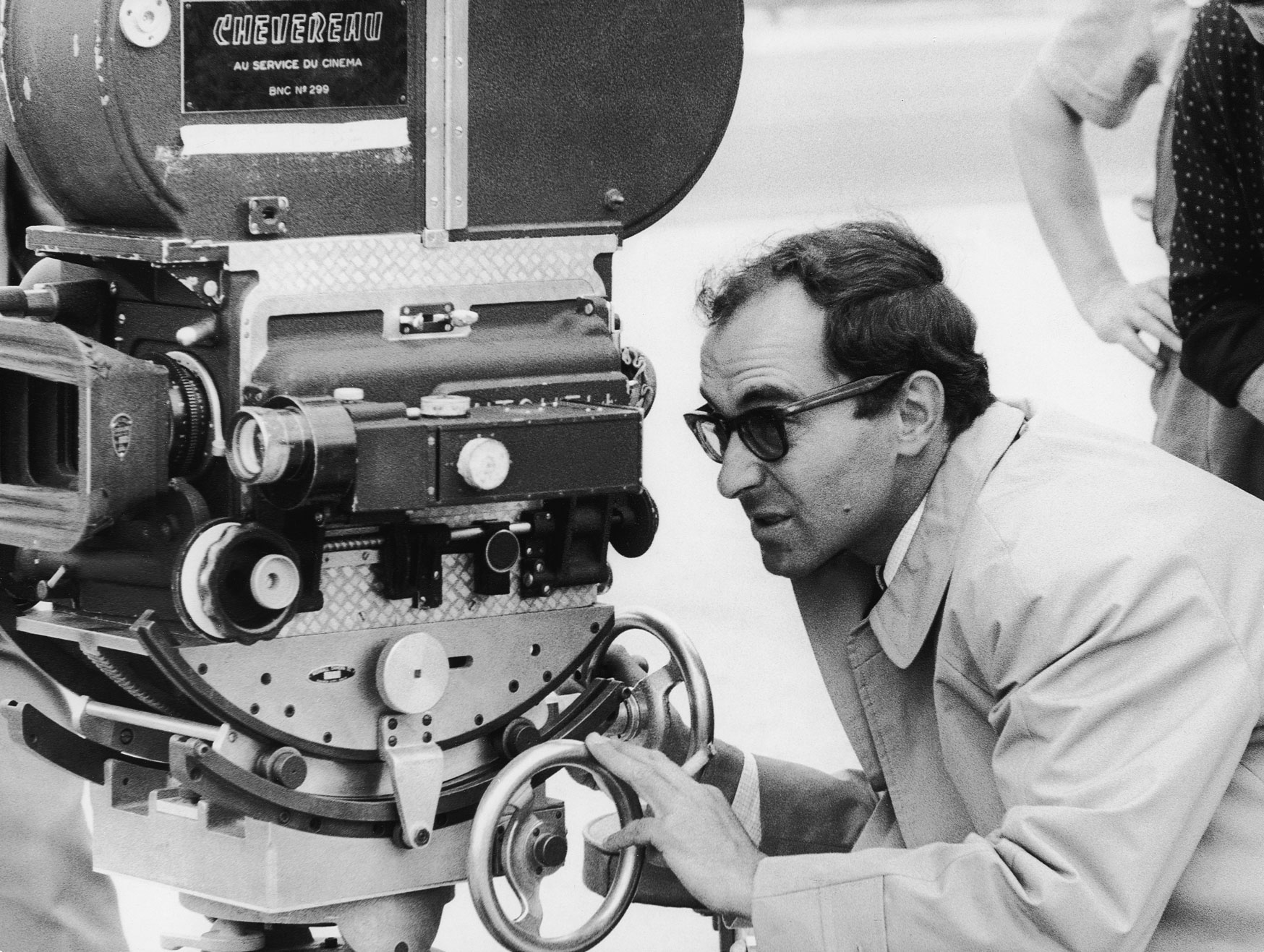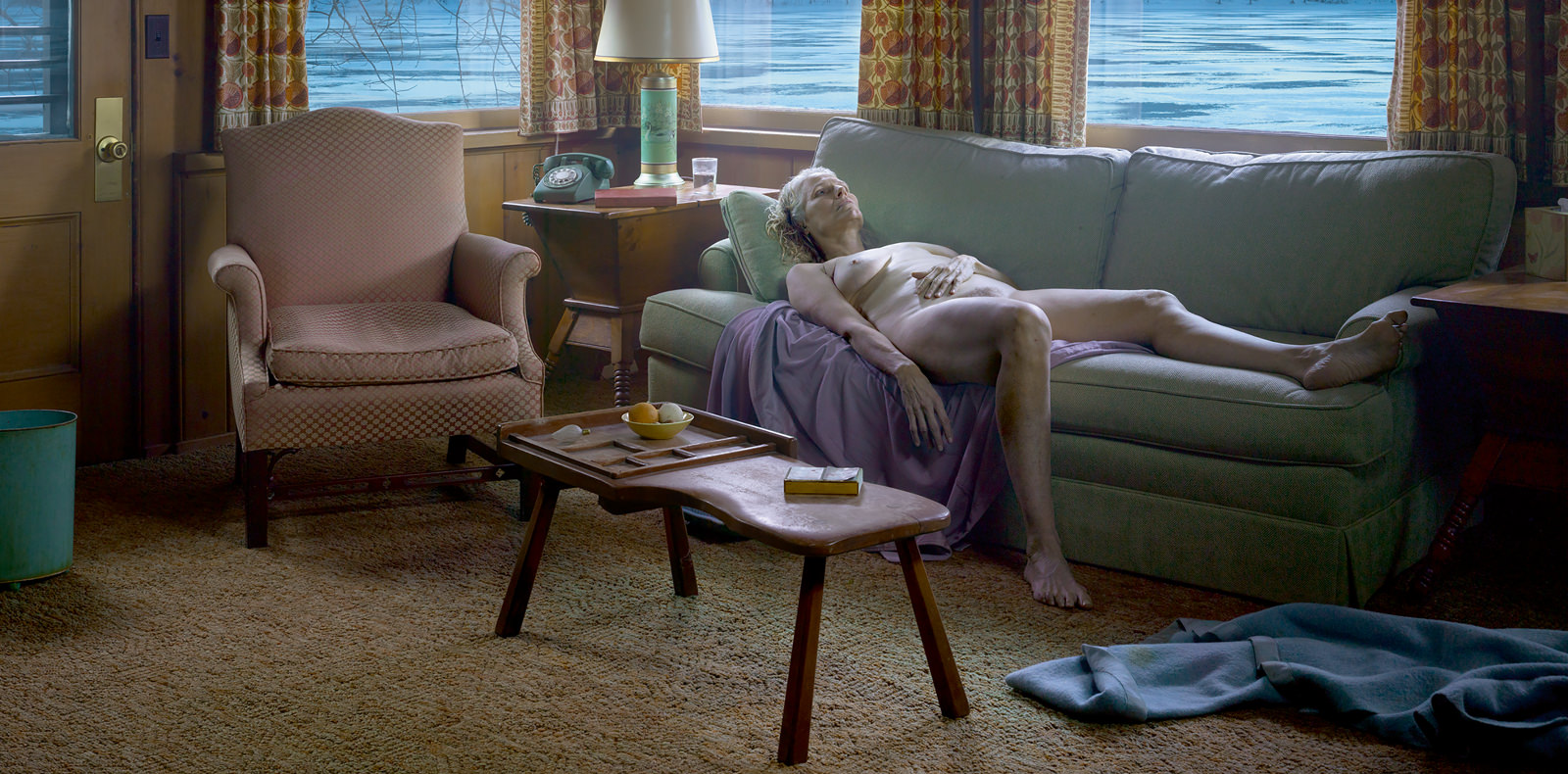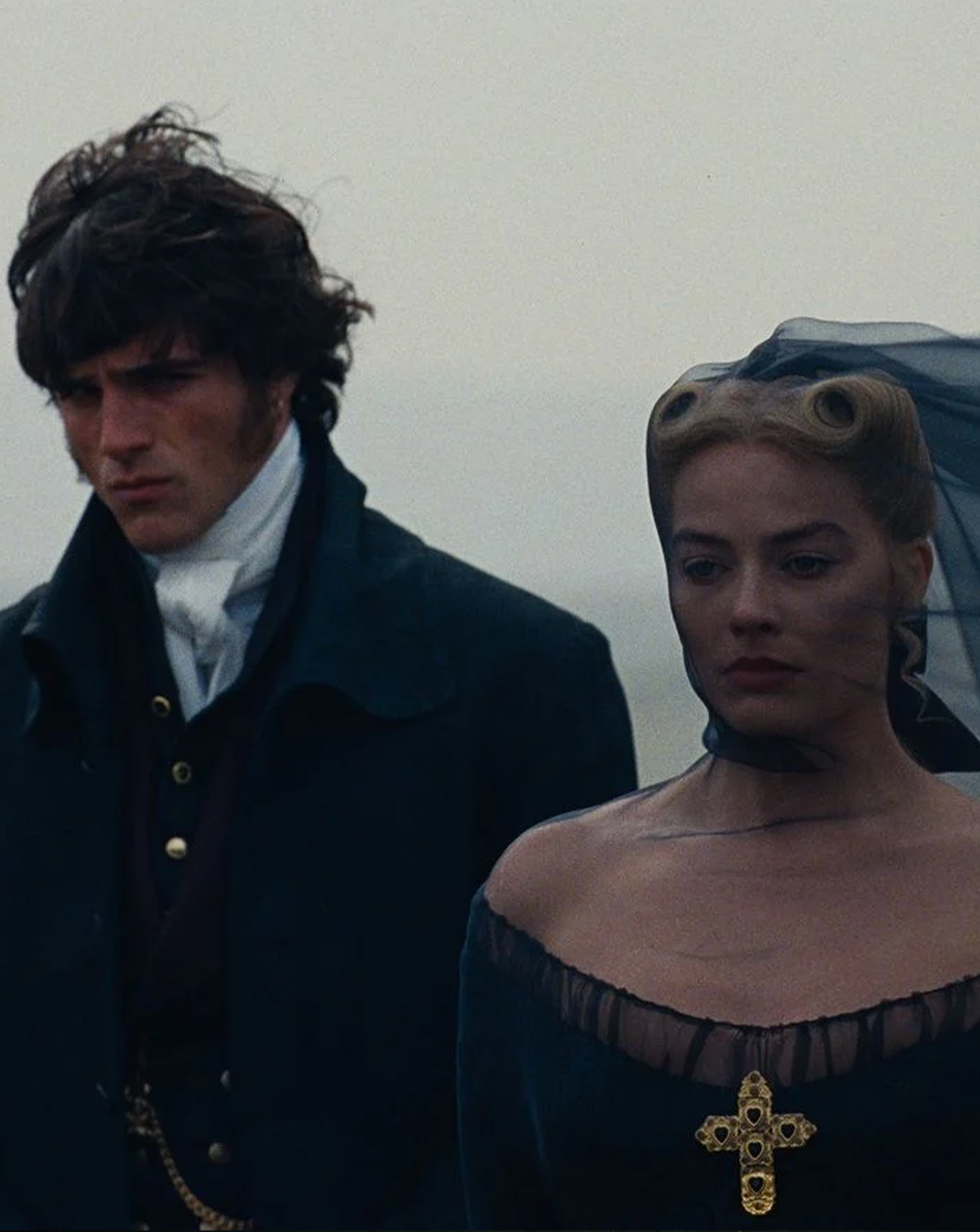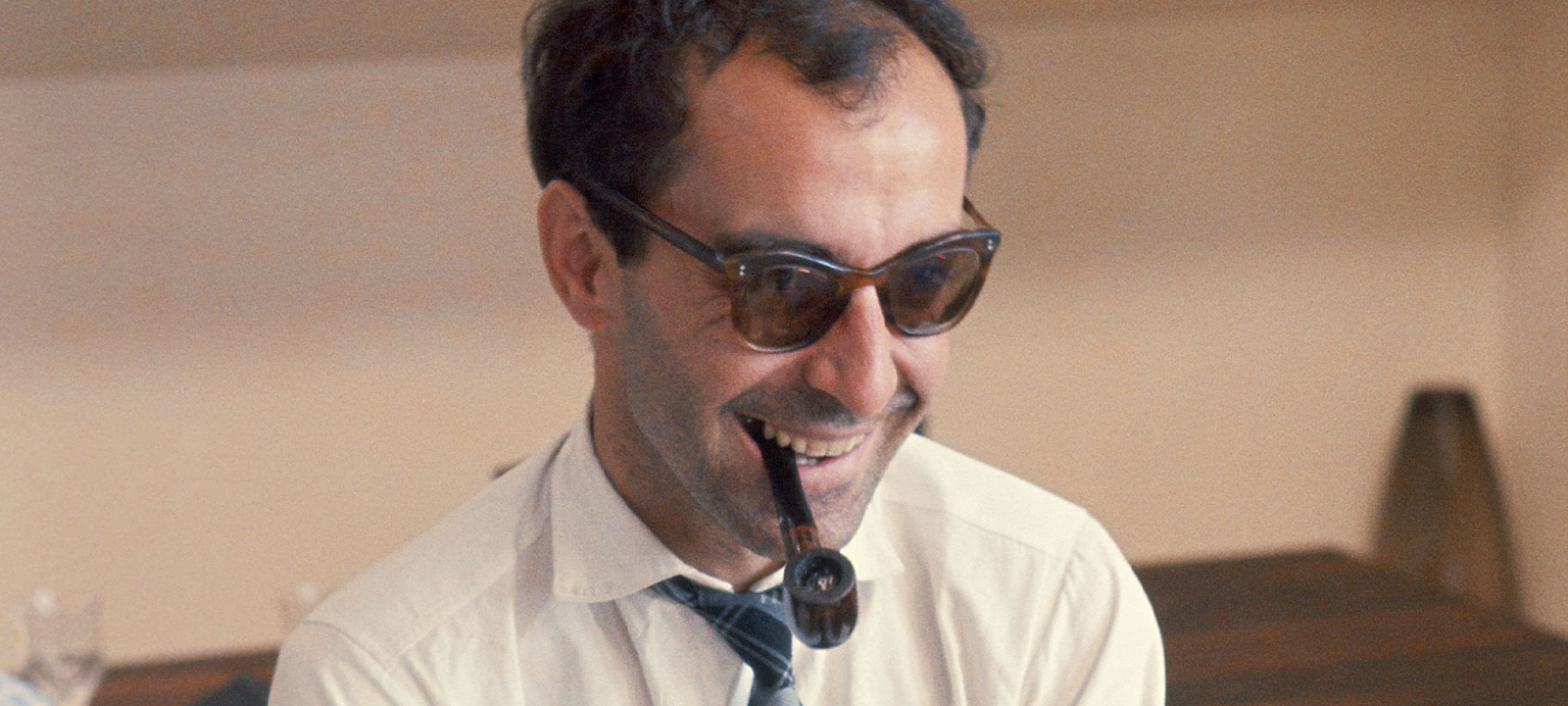
23
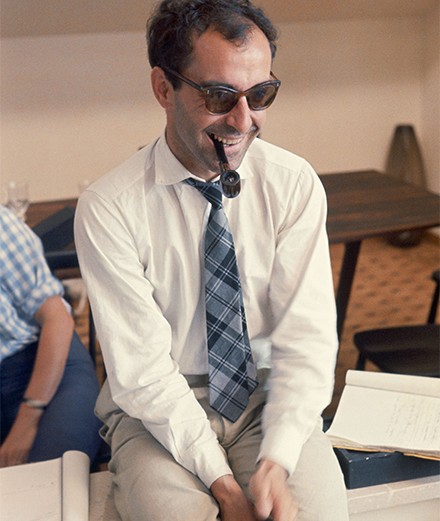
23
Jean-Luc Godard’s passing: the scandals that forged the myth
On Tuesday, September 13 , Jean-Luc Godard passed away at the age of 91. He resorted to assisted suicide in Switzerland, where he used to live. Here is a brief account of key moments that have shaped his career.
Published on 23 September 2022. Updated on 20 June 2024.

Jean-Luc Godard has not always been an acclaimed director. Before entering the pantheon of the greatest French filmmakers, even beyond France, Jean-Luc Godard used to shock people with ideas that characterized him throughout his life. Throwback to three key periods that have shaped the myth, from the 1960s to the present day.
The sixties: his films facing censorship
In the early 1960s, France was in turmoil. Between the military and social tensions caused by the Algerian War of Independence (1954-1962) and the beginning of a new Republic since 1958, the quite political films made by Jean-Luc Godard and the New Wave directors in general were welcomed in a climate that didn’t allow uncensored screenings. Within just a year, two of Godard films made the headlines and sent the public opinion into a tailspin. In 1960, he shot The Little Soldier, at a time when his first feature film, Breathless, had just been forbidden for people under 16. Set in 1958 during the Algerian war, the story has a deserter as the protagonist, and denounces what was really happening in the country, such as the use of torture. These three issues prompted the Minister of Information, Louis Terrenoire, to ban the film until 1963, a year after the end of the war. Jean-Marie Le Pen, another member of parliament, even demanded “the expulsion of the Swiss filmmaker” from France. The following year, an additional film made by the director was censored. Initially entitled The Married Woman, the film draws the portrait a wife in an adulterous relationship, torn between her husband and her lover, and whose surprise pregnancy jeopardizes her love situation. Presented in the official selection at the Venice Film Festival in 1964, the film was banned in France by the censorship board of the Commission for the Classification of Cinematographic Works. Objections first focused on the title, which was considered outrageous, and then moved on to the erotic scenes, that were considered too explicit. Despite the media scandal caused by this ban, the film couldn’t be shown unless Godard reedited it and changed the title from “The” to “A Married Woman”. A move that only accentuated the director’s radical political stance, emphasized four years later by the May 1968 events, and his public political stances in the 1970s. Among other projects, he participated in the creation of the film collective Dziga Vertov, designed to produce Maoist-orientated militant films.
Cannes and Godard: hard to get, hard to forget
With over sixty years in the industry, Jean-Luc Godard has been the recipient of multiple prestigious awards, both for his career and films, at the Venice Film Festival, the Berlinale, and the César. The Cannes Film Festival remained the great absentee of the filmmaker’s list of honors until 2014, probably because of its censored films and of his political stance in May 1968. He was awarded his first Palme d’Or in 2018. However, from the end of the 1950s onwards, Godard was looking to be on the Promenade de la Croisette, where directors like Truffaut were already presenting their work. At that time, while barricades were being erected in the Latin Quarter of Paris, the red carpet was rolled out on the steps of the Palais des Congrès in Cannes. However, tensions spilled over from the capital to reach the Mediterranean coast, where Godard went, with the support of other directors like Truffaut, Lelouch, and Polanski, to demand the cessation of the festival, as none of the films selected denounced the working class’ or student’s actual growing rage. Faced with a lack of answer from the organizers, Godard and his team of filmmakers grabbed onto a curtain, thus interrupting the screening of Carlos Saura’s film Peppermint frappé. The following day, the Cannes Festival was closed, and the director would not be invited for another twelve years. Although he was included in seven official selections from 1980 to 2010, his presence at the ceremony was not unanimous and was never rewarded. Between screenings booed by spectators, such as Sauve qui peut (la vie) in 1980, Passion in 1982, or In Praise of Love in 2001, and heated press conferences, Jean- Luc Godard has never been well-received in France, as opposed to international ceremonies, where he received a Golden Lion in 1982 and an honorary César in 1987 for his entire career… A French recognition sought by the filmmaker at his debut but rejected by the festival, which will end up taking a different turn in 2014 when Godard refused to attend the ceremony to receive the Jury Prize for his film Goodbye to Language. In 2018, he was awarded the famous Palme d’Or for the film The Picture Book and for his entire body of work at the age of 87. He didn’t attend the ceremony in person either, but via FaceTime.
